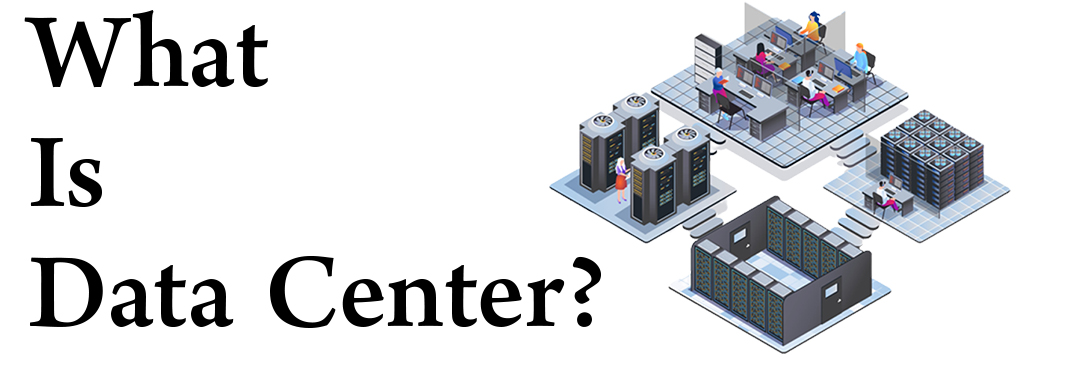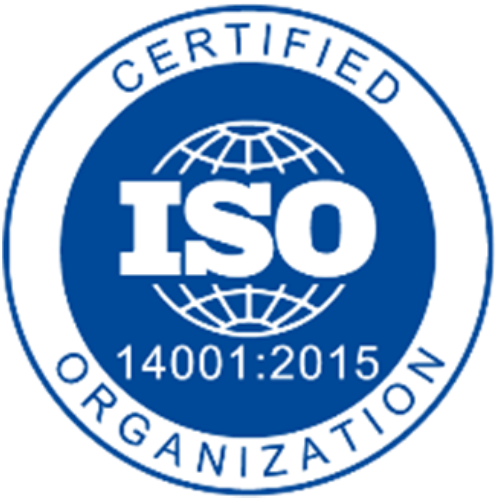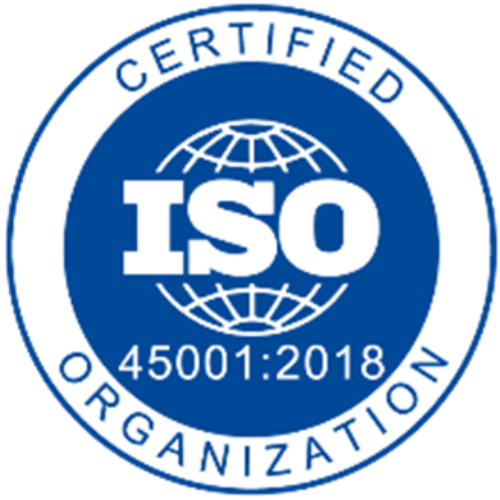What is Project Management?
Project management is the practice of planning, organizing, and overseeing the execution of a project from start to finish. It involves applying knowledge, skills, tools, and techniques to meet project goals and objectives within specified constraints, such as time, budget, scope, and quality.
In project management, a project is a temporary endeavor undertaken to create a unique product, service, or result. It has a defined beginning and end, and it is typically carried out to achieve specific objectives, such as developing a new software application, constructing a building, or organizing an event.

The key components of project management.
Project management also emphasizes effective communication, stakeholder management, team collaboration, and risk management. Various methodologies and frameworks, such as Waterfall, Agile, and Scrum, can be employed to guide project management processes based on the project’s requirements and characteristics.
Overall, project management aims to deliver projects successfully by balancing constraints and leveraging available resources to achieve the desired outcomes.
- Project Initiation: This phase involves defining the project’s purpose, goals, and stakeholders, and conducting feasibility studies to determine its viability.
- Project Planning: In this phase, the project manager and the team develop a comprehensive project plan, which includes defining the scope, creating a work breakdown structure, estimating resources and durations, establishing a schedule, and identifying potential risks.
- Project Execution: This phase involves the actual implementation of the project plan. The project manager coordinates resources, communicates with team members, and ensures that the project progresses according to the established schedule.
- Project Monitoring and Control: Throughout the project’s execution, it is essential to monitor progress, compare it against the planned objectives, and take corrective actions if necessary. This phase involves tracking key performance indicators, managing risks, and making adjustments to keep the project on track.
Project Closure: Once the project is complete, a formal closure process is undertaken. This includes documenting lessons learned, conducting project reviews, archiving project documents, and celebrating successes.
Who can do Project Management?
The MSc in Project Management in Norway University usually requires applicants to have at least a Bachelor of Engineering degree, preferably in civil, mechanical, or industrial engineering. For more, you can visit the below universities Official websites and contact them for details.
Where we can Learn Project Management in Norway ?
Below is a list of the best universities in Norway that offer Project management course in Norway. There, you can start your career as a project manager.

What opportunities do you get after the project management course?
Project management is a versatile discipline that can be undertaken by individuals from various backgrounds and professions. While project management is often associated with dedicated project managers, it is not limited to them alone. Here are some groups of people who can perform project management.
Project Managers
These professionals specialize in project management and have expertise in planning, executing, and controlling projects. They typically possess certifications such as Project Management Professional (PMP) and have extensive experience in managing projects across various industries.
Team Leaders
Within a specific team or department, a designated team leader can assume project management responsibilities. They coordinate tasks, manage resources, and ensure project goals are met within their respective areas of responsibility.
Subject Matter Experts (SMEs)
SMEs with deep knowledge and expertise in a particular field can take on project management roles. They provide guidance and oversight on project deliverables related to their area of specialization.
Functional Managers
In organizations where projects are aligned with functional departments, functional managers can act as project managers. They coordinate resources and activities within their departments to achieve project objectives.
Entrepreneurs and Small Business Owners:
Individuals who run their own businesses or startups often engage in project management to oversee the execution of key initiatives, product launches, or business development projects.
Cross-functional Teams
Project management can be a collaborative effort involving team members from various disciplines. Each team member contributes their expertise and works collectively to manage and deliver the project successfully.
Consultants
Project management consultants are hired specifically to provide project management expertise to organizations. They offer guidance, develop project plans, and support project implementation.
Students and Academics
Project management skills are applicable in academic settings as well. Students working on group projects, research initiatives, or thesis work can benefit by project management to effectively manage their tasks.
Where do I apply online to get a job of project management job in Norway?
It’s important that while anyone can perform project management, having a solid understanding of project management methodologies, tools, and techniques significantly enhances the chances of project success.
- Step 1.
Go to LinkedIn sign up page.
- Step 2.
Type your first and last name, email address, and a password you’ll use. Note: You must use your true name when creating a profile.
- Step 3.
Click Join now.
- Step 4.
Make your profile.
Guide Note: Keep your profile strong. Put your experience on it too, because the company will check your profile before hiring while they are searching for employees, or if you apply for a job, they will check your profile before contact you.
indeed
- Step 1.
Click on the Sign In button in the top right.
- Step 2.
Type in your preferred email and password in the boxes on the screen.
- Step 3.
Upload your resume or build a new one through our resume builder.
- Step 4.
Check your email inbox for a confirmation email from Indeed (check your spam folder).
- Step 5.
Click on the link in the confirmation email to confirm your new Indeed account.
Guide Note: Upload your resume, or you can make one on there too, and find jobs related to your experience and apply.
GlassDoor
- Step 1.
Click Sign in at the top right-hand side of the page.
- Step 2.
Click Don’t have an account? Sign up.
- Step 3.
There are two main options available – E-mail (preferred method) or Social Media Connection.
- To sign up with your email address:
- Enter your email address
- Enter your password
- Click Sign Up
Guide Note: Upload your resume and apply for jobs related to your experience.
In which area i can work in Project Management?
Due to the role’s abstract nature, project managers can work anywhere in any physical location, with a company of any size in any industry. However, project manager roles are most common in organizations with upper management and multiple teams and departments involved in several extensive projects some are below.
Project Management Role And Responsibility
A project manager’s role involves overseeing and coordinating various aspects of a project to ensure its successful completion. The responsibilities of a project manager can vary depending on the organization, industry, and specific project requirements. The common roles and responsibilities in project management are listed below.

Project Planning:
The project managers are responsible for creating a broad project plan that outlines the project’s objectives, scope, deliverables, timelines, and resources required. This identifying project requirements, defining project milestones, and developing a detailed project schedule.

Team Leadership:
Project managers lead and manage a team. They assign tasks to the team, set clear expectations, provide guidance to the team, and motivate team members to ensure they perform their roles effectively. By effective communication, resolving conflicts, and promoting collaboration within the team.

Stakeholder Management:
The project managers engage with project stakeholders, including clients, sponsors, team members, and other relevant parties, to establish effective communication channels, manage stakeholder expectations, and ensure stakeholders are involved in key decision-making processes as needed.

Resource Management:
The Project managers are responsible for human resources, finances, equipment, and materials. Project managers allocate resources in an appropriate way, track resource utilization, and ensure the availability of necessary resources throughout the project’s lifecycle to complete a project or meet business objectives.

Risk Management:
The Project managers identify possible risks and develop strategies to mitigate them. They assess risks, create contingency plans, and monitor risk factors throughout the project. They also regularly communicate project risks to stakeholders and take necessary actions to minimize the risks and their impact on the project’s success. including financial uncertainties, legal liabilities, technology issues, strategic management errors, accidents, and natural disasters.

Monitoring and Control:
Project managers establish the project baselines. This includes the scope, schedule, and budget. Use this information to benchmark the project’s progress throughout the lifecycle. Track key performance indicators (KPIs), and compare them against the project plan. They identify deviations, bottlenecks, and issues that may impact project delivery and take corrective actions to keep the project on track. This involves regular reporting to stakeholders and conducting project status meetings.

Quality Assurance:
Project managers make sure that the project meets the quality standards. They establish quality control processes, conduct inspections, and implement quality assurance measures to ensure project deliverables are of the expected quality.

Project Closure:
Oversee the closure of the project by ensuring that all deliverables have been completed, objectives have been achieved, and stakeholders are satisfied. They conduct project evaluations, and finalize all necessary project documentation.
These are some of the key roles and responsibilities of project management. The specific duties may vary depending on the project’s nature, size, and organizational context. Effective project management involves a combination of technical skills, leadership abilities, communication skills, and problem-solving capabilities.
Our Project Management Services in Norway
A project management service is a professional service that helps individuals or organizations effectively plan, execute, and control their projects. Project management services in Norway, the UK, Sweden, and Denmark can be provided by NS Nordics.
Here are some of our project management services:
Project Planning Service
In Project Planning Service, assist in defining project objectives, creating project plans, and determining the required resources, timelines, and budgets.
Project Execution Service:
It oversees the implementation of project plans, monitors progress, and manages changes or issues that may arise during the project’s lifecycle.
Quality Control Service:
Ensuring project deliverables meet the required quality standards by implementing quality control processes and conducting regular inspections
Resource Management Service:
It helps optimize the allocation of resources, such as human resources, materials, and equipment, to ensure efficient project execution.
Risk Management Service:
Risk Management services identify potential risks and develop strategies to mitigate them. They also monitor risks throughout the project and take necessary actions to minimize their impact.
Project Closure Service:
A project closure service assists in closing out projects by conducting project reviews, documenting lessons learned, and ensuring a smooth transition to the next phase or project.
Stakeholder Management Service:
It facilitates effective communication and collaboration with project stakeholders, including clients, team members, and external partners, to ensure alignment and manage expectations.
By our project management services, organizations can improve project success rates, increase efficiency, reduce costs, and enhance overall project outcomes. Our services are particularly valuable for complex or large-scale projects where effective coordination and management are crucial for achieving desired results.

























Leave A Comment